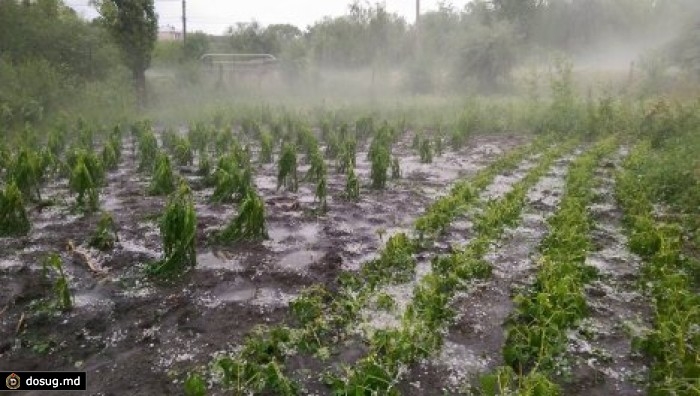Excessive rainfall and cold weather delay planting in the Western Hemisphere

Slow snowmelt in the Northern Plains, cold temperatures in the US Corn Belt, and possible drought in central Brazil have been the main factors influencing agricultural markets this week.
The front will bring heavy snowfall and frost to the US Midwest, which could negatively affect winter wheat, soybean and corn crops. Cold and rainy weather will last until the end of April.
In the Central and Southern Plains, there will be showers for a few days, sometimes with snow, but there will be little rain in the southwest. Frosts at the weekend can have a negative impact on crops.
A front will bring snow and below-normal temperatures to the US Northern Plains and Canadian Prairies, delaying spring work. Snowmelt will continue, but slowly enough to avoid flooding that threatens the Red River Valley.
In the delta region, there will be rain on Thursday and Friday, which will intensify next week. Excessive moisture delays sowing, but creates good conditions for seed germination and early development of crops.
In Brazil, heavy rains are ending in most regions, and dry weather is beginning. May is traditionally the driest month of the year.
In Argentina, dry weather will prevail for several weeks, with isolated showers, which will facilitate the harvesting of damaged crops of soybeans and corn. Soil moisture is insufficient for sowing winter wheat.
In the north of Europe, there will be showers for the next few days, which will spread to the south next week, in particular to Spain. In general, the weather conditions are favorable for the development of winter and spring crops, but Spain is experiencing a moisture deficit.
The Black Sea region will experience heavy rains over the weekend, which will continue next week. The weather favors the development of winter wheat and corn crops.
The representative of the USDA in Kazakhstan believes that wheat production in the country in 2023/24 MR will decrease by 20% to 13 million tons. Agritel experts estimate wheat production in the Russian Federation in 2023 at 83.2 million tons, which will be inferior to this year's record 100 million tons and predicted by SovEkon 86.8 million tons.


